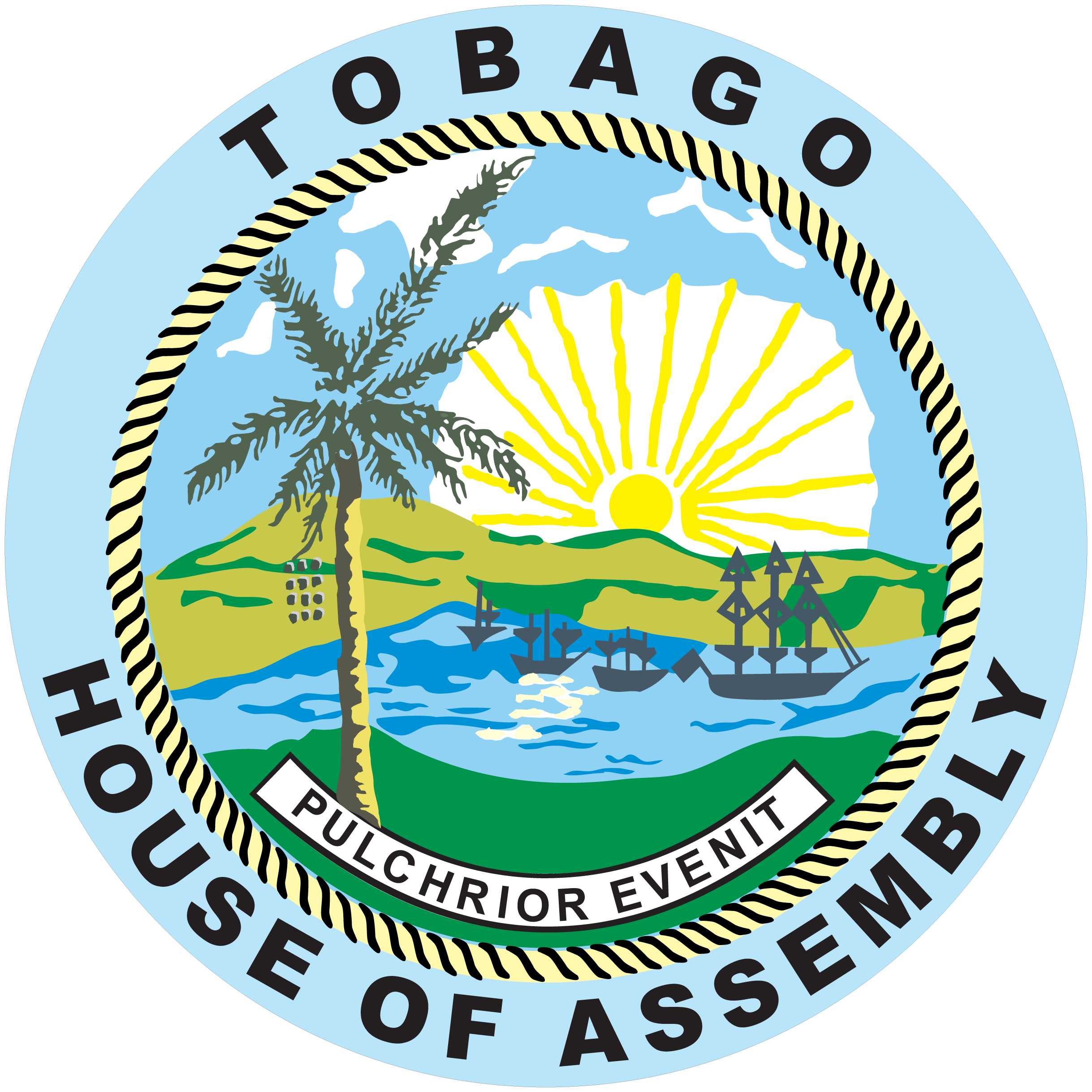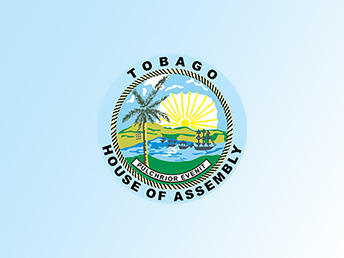The Tobago House of Assembly (THA) has been able to clarify a number of issues regarding its accounting for the fiscal year ending in 2006 as identified by the Auditor General’s report.
This includes documents reflecting the Assembly’s fixed assets and issues related to the Assembly’s cashbooks. Both have since been rectified, and the related documents are available for scrutiny, according to Chief Administrator Raye Sandy’s report in response to the Auditor General’s findings.
The fact that the audit took place several years after the accounting year in question presented a challenge to the Assembly obtaining all the necessary documentation, the Chief Administrator explained. This was caused by the personnel change and relocation of some Divisions during this period.
In terms of its assets, which total $628,704,777.00, Sandy acknowledged that not all documents were available when requested.
“For example, the documentation for the purchase of a portion of the Bacolet estate was not available for audit at the time it was requested,” the Chief Administrator’s report stated. “This, and other documents related to the assets of the THA are available for audit scrutiny.”
Of the Assembly’s bank accounts, Sandy said “the maintenance of cashbooks manually is a requirement in which some units fell short”.
He added: “The Assembly has since identified the areas that were deficient and ensured that cash books are now duly prepared and bank reconciliation statements are appropriately done. These are now available for inspection.”
Certificates and bank statements reflecting the THA’s 2006 investments to the tune of $7,893,056.61 have also been collected, and an investment register of its short term investments has been established.
The THA report also explained that there was a difference of $366,768.38 in the opening and closing balances of the THA’s deposit statement, which is the reason the Auditor General could not “form an opinion on the deposits”. That difference, though, was corrected in fiscal 2007.
The Chief Administrator also advised that there was no framework for managing accounts payable in the cash-based system being used in the public service. This presented a challenge in transitioning from cash-based to accrual-based accounting. The THA, however, has since taken steps to adopt the International Public Sector Accounting Standards (IPSAS) system, which is in line with international standards. He expects the Assembly to become compliant by 2017.
Lastly, the report also addressed the Auditor General’s concern about loan receivables. This “represents balance on loans granted to Assemblymen and employees on contract for the purchase of motor vehicles and training in accordance with the provisions of the THA Act”, it stated.
This is currently being reviewed. Following the review, a policy document is expected to be submitted for the Executive Council’s consideration.




